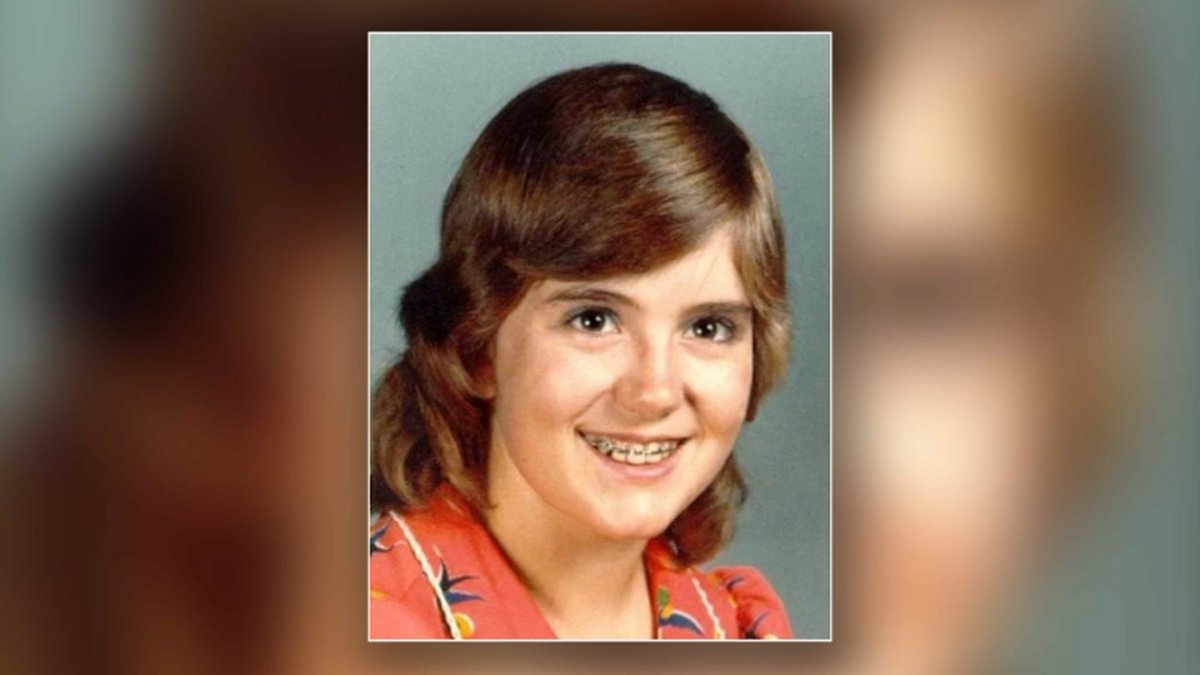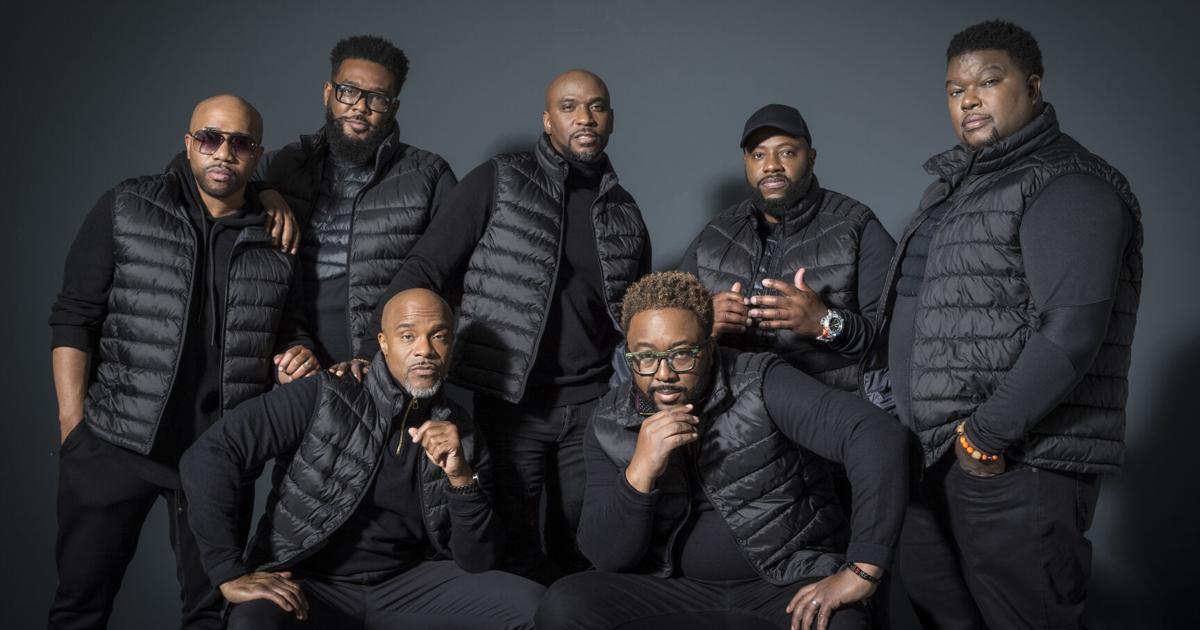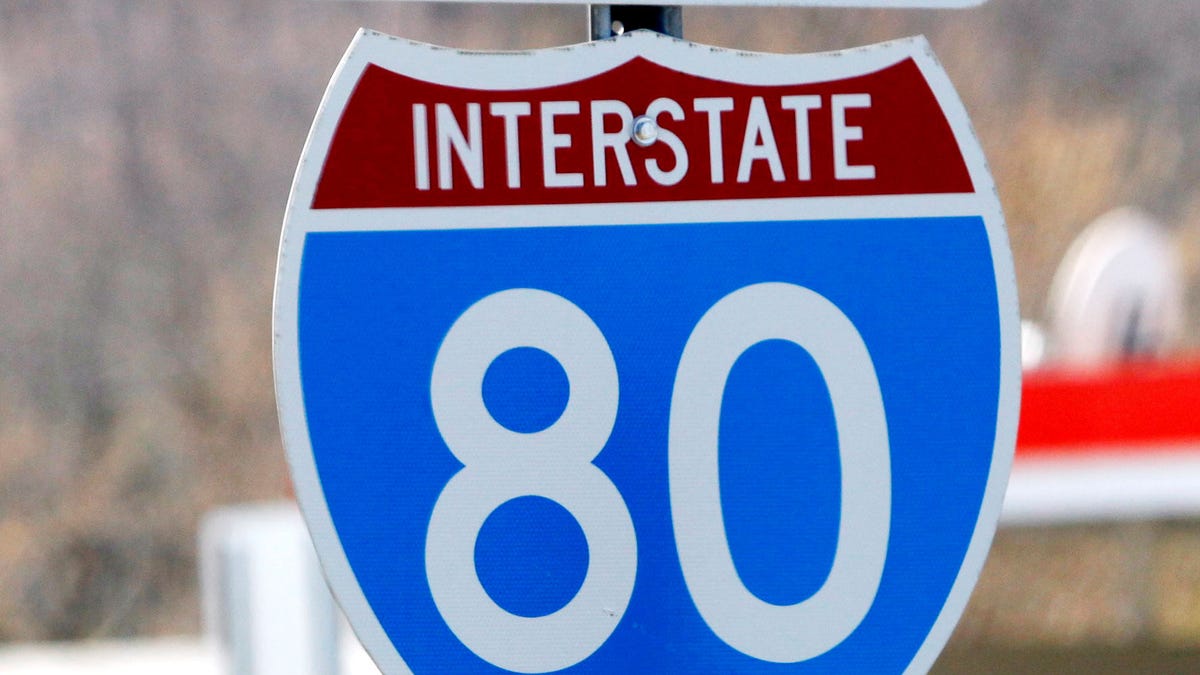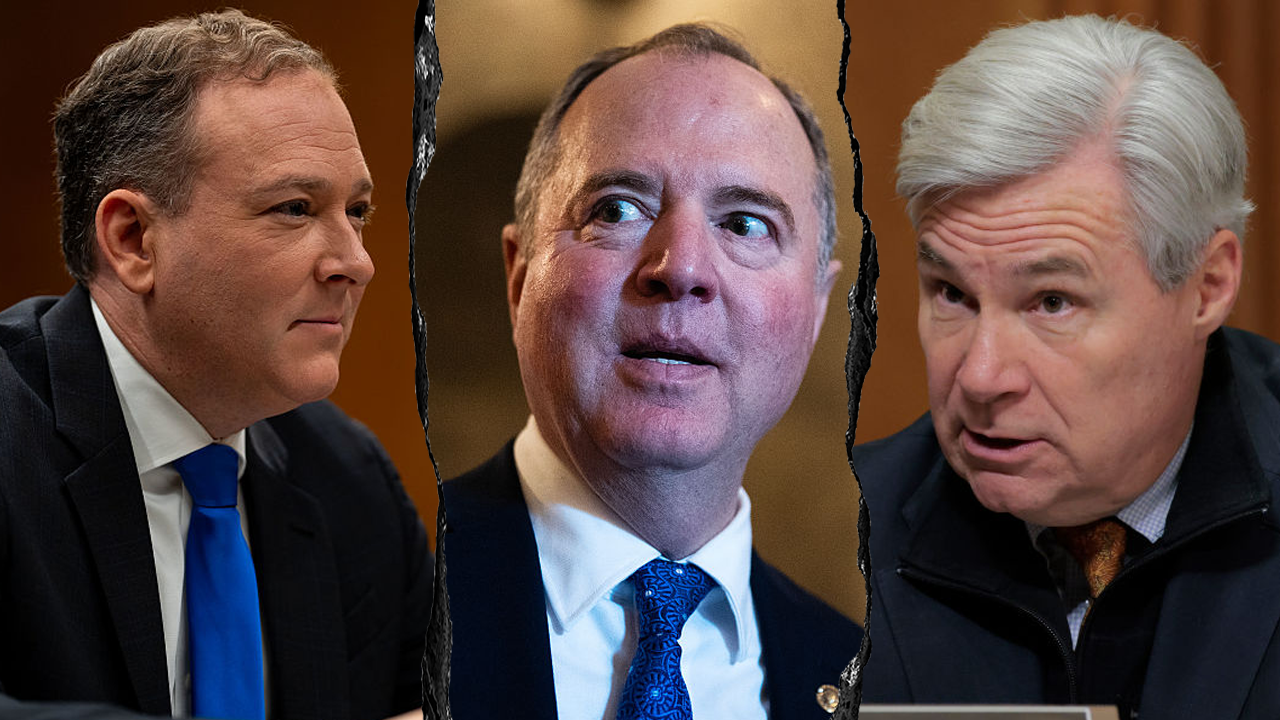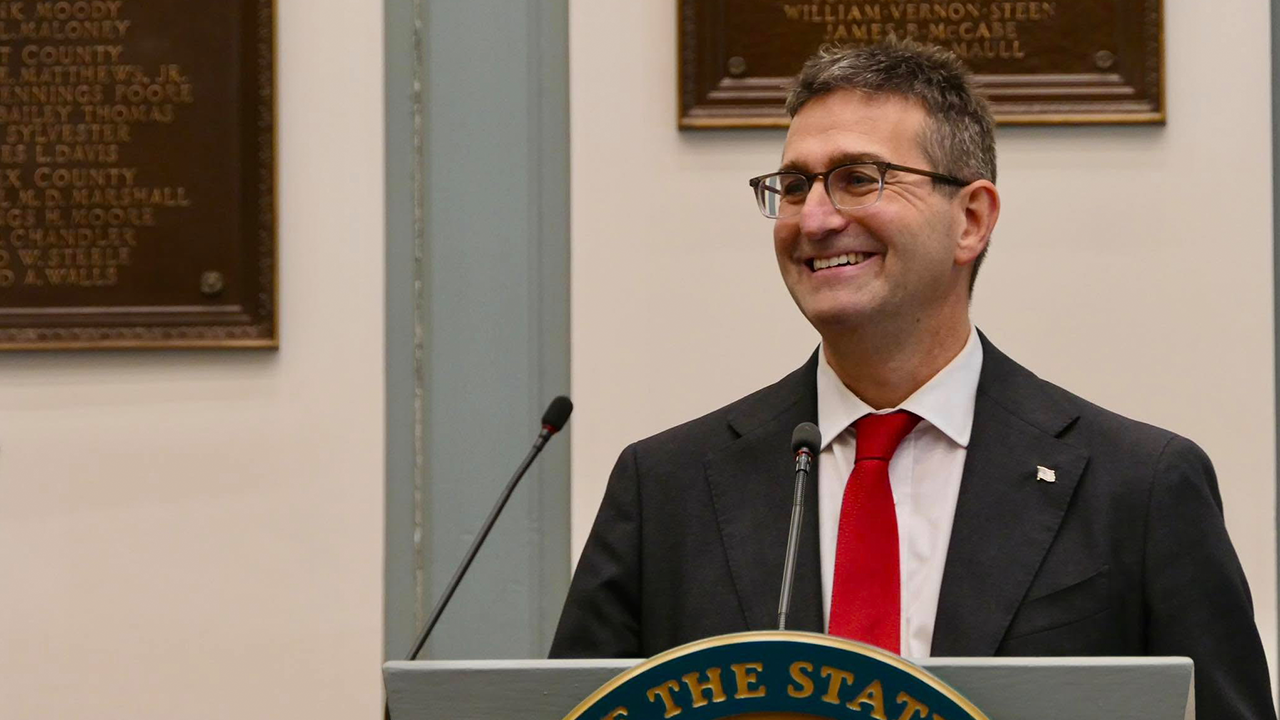Pennsylvania
Cyber Charter Reform Could Finally Be Coming To Pennsylvania

Yippee ki yay.
getty
Pennsylvania has long been a wild west for cyber charter schools, but there could soon be a new sheriff in town. The House has passed a bill to put major reforms in place for how the Keystone State handles cyber charters.
In cyber charters, students go to school via an internet connection. Like all charter schools, they are privately owned and operated, but funded by taxpayer dollars taken from the public school district where the student would have attended. In Pennsylvania, that tuition cost is based on local per pupil expenditures and so varies wildly from district to district.
ADVERTISEMENT
A report released in January of 2022 by Children First found that of the 27 states with cyber charters, Pennsylvania spends the most (currently about $1.4 billion annually) but has the “weakest systems to ensure students and taxpayers are getting their money’s worth.” And taxpayers are not; reports repeatedly find that the cyber charters are underperforming.
Even the National Alliance for Public Charter Schools has called for cyber charter reform. Nationally, cyber charters have a low graduation rate; one report found that 73% of cyber charters have a graduation rate below 50%. Another reports that students stay in cyber-charters for an average of only two years.
But cyber charters in Pennsylvania grab a ton of money for their owners, and though the previous governor pushed hard for some simple reforms, Tom Wolf left office with those reforms still unrealized. Meanwhile, the pandemic added to the cyber income.
ADVERTISEMENT
Consider this insight offered by Kenneth Berlin, superintendent of Wattsburg School District:
“When the pandemic started, our district contracted an online learning system from K12 Learning Solutions (Stride) to offer our students an online schooling option facilitated by our teachers. Because we use our teachers and equipment, the average cost per student to the district is about $3,000. I want to note that the K12 Learning Solutions platform we purchased is the exact same platform used by Insight PA Cyber Charter School. I also want to point out that if a regular education student enrolls in Insight PA Cyber Charter School, our taxpayers are billed a mandated $13,118 per student. For special education students, the cost rises to $23,587 per student. Given that we can provide the exact same cyber learning experience as the Insight PA Cyber Charter School for just $3,000 per student, I believe that the current cyber school funding scheme is an unjustified waste of taxpayers’ hard-earned money.”
Now that reform could be coming over the horizon. HB 1422 passed the House last week, with yes votes from all Democrats and 20 Republicans, a sign that many local districts, particularly poor ones, are hit hard by cyber charter costs, and that conservatives can share concerns about unaccountable spending of taxpayer dollars.
ADVERTISEMENT
What’s in the bill?
The marquee item is the creation of a single tuition cost for all districts in the state. Instead of a tuition rate can currently vary from $9,000 to $22,000 per student, the bill sets a standard rate of $8,000 per “regular” student.
It also closes a longstanding loophole for special ed students; Pennsylvania public schools fund students with special needs based on separate tiers of spending levels based on the student’s needs. Charter schools get a single high tuition payment for all students with special needs, even if the student’s needs are a simple as one hour a week with a speech therapist. Under the bill, cyber charters would be paid using the same method of tiers used by public schools.
The Democratic House Caucus estimates that the new payment system would send $455 million back to public school districts.
ADVERTISEMENT
But beyond the issues of money, the bill also creates more accountability and transparency in cyber charter operation, bringing them in line with the rules governing public schools.
Cyber charters may not advertise themselves as “free,” but must acknowledge that costs are “covered by taxpayer dollars.” Also, a cyber charter won’t be allowed to sponsor a public event, which is perhaps a reaction to Commonwealth Charter Academy’s sponsorship of a float for the 6abc Dunkin’ Donuts Thanksgiving Day Parade, part of a larger pattern of cyber charter marketing by sponsoring community events. Education Voters of PA has determined that cyber charters spent a grand total of $52 million of taxpayer funds on marketing over just three years.
Probably with an eye on Oklahoma’s Catholic cyber charter, the bill explicitly forbids religious instruction and requires that the school will be “nonsectarian in all operations.”
The bill requires cyber charters to provide 180 days or a required number of hours (900 for elementary, 990 for high school) per year, just like any public school.
The bill is extremely specific about the governing board requirements. There must be seven non-related members, and they may not have in any way, shape, or form a financial interest in the cyber charter or anyone doing business with it (and like all Pennsylvania school board members, they must serve without compensation.) The board must hold open meetings in compliance with the state’s sunshine law, just like any public school board.
ADVERTISEMENT
There are numerous restrictions on administrators and board members to prevent entanglements. For instance, no administrator or administrator’s family member may serve on the board. Nor may someone serve on both the local public school board and a cyber school board, a clear conflict of interest.
And at several points, the bill requires the immediate dismissal of administrators or board members if convicted of a major crime, including “fraud, theft, or mismanagement of public funds.” Would such a law ever even come up? Well, cyber charter giant K12 was founded by junk bond king and convicted felon Michael Milken. Nicholas Trombetta used Pennsylvania Cyber School to funnel $8 million tax dollars to himself, but it was federal authorities and not the state that finally caught him.
There has been recent criticism of cyber charters for amassing large stockpiles of taxpayer dollars; the bill lays out limits for such unrestricted fund balances. Just like public school districts.
ADVERTISEMENT
There are requirements for regular audits, both internal and external; this may seem like an obvious requirement, but n December of 2020, an investigation by the Scranton Times-Tribune found that six of the 14 cyber charters had never been reviewed by state auditors, and others had been audited only once.
Many reports are to be made publicly available, including an annual report and a “publicly accessible internet website detailing the salaries and other compensations” for employees, officers and directors of any educational management service providing a service to the school. Annual budgets should also be available to the public, just as they are public school districts.
There is a list of reasons that the cyber charter may be non-renewed or revoked, including financial mismanagement, failure to meet reporting requirements, or designation as a Comprehensive Support and Improvement school at least twice. Had such a requirement been in place previously, Pennsylvania’s cyber schools would be struggling to avoid shutdown.
ADVERTISEMENT
Pennsylvania House Republicans (or at least the ones who voted against the bill) accuse Democrats of limiting educational choice, but bill author Rep. Joe Ciresi says, “My goal with this bill was to preserve school choice, but while ensuring cyber charter schools are held to the same rules and regulations as traditional public schools.”
The reduced revenue may cut into marketing budgets and unfunded reserves, but need not be an existential crisis for cyber charter. The many new operational requirements simply call for cyber charters to operate under the same rules as public schools, providing transparency and accountability to the taxpayers who are footing the bill. Surely that level of accountability is not too much to ask. Cyber charter operators need not ride off into the sunset if they can just live peacefully under the same rules as the rest of the townsfolk.
Next stop: the Pennsylvania Senate, currently dominated by the GOP, which loves charter schools, but also loves accountability for taxpayer dollars. Stay tuned.

Pennsylvania
1 upset stands out in mostly predictable Pennsylvania state, local judicial races
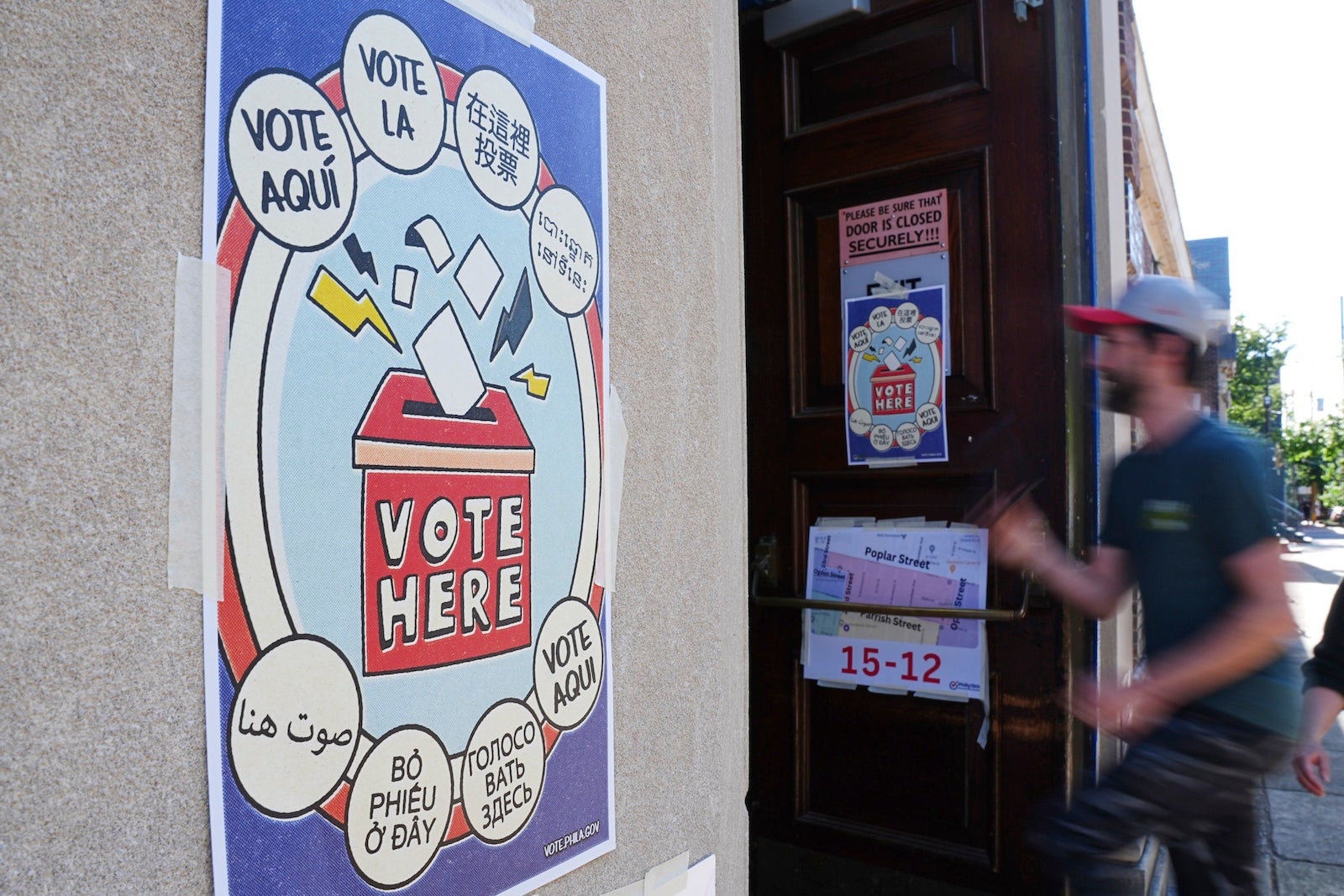
Battista had unsuccessfully run for the court before in 2023, gaining just 24% of the vote in the general election. This year, she picked up 54% of the primary vote.
Battista currently works for Judge Government Services, a consulting firm, and has previously served as assistant general counsel in both the Pennsylvania Departments of Health and State under administrations of both Republican Tom Corbett and Democrat Tom Wolf.
The Superior Court is a second appellate court and handles the vast majority of appeals arising from criminal and civil cases.
Battista will now face off against the lone Democratic candidate, Brandon P. Neuman, currently a judge on the Washington County Court of Common Pleas who served four terms in the Pennsylvania House of Representatives. He also earned a “highly recommended” rating from the bar association.
Municipal Court
In the Democratic primary election for Philadelphia Municipal Court, Amanda Davidson, Sherrie Cohen and Cortez Patton will move forward to the general election, after taking the top three spots in a five-way race. Davidson was the sole candidate rated “recommended” by the Philadelphia Bar Association and was endorsed by the Philadelphia Democratic Party and Working Families Party.
The Temple University law graduate is currently a trial attorney at Fine, Staud and Levy, where she represents clients in cases involving workplace injuries, car accidents and slip-and-falls. No Republicans ran for their party’s nomination.
Court of Common Pleas
Voters were instructed to select up to nine candidates for the Democratic nomination to the Philadelphia Court of Common Pleas, out of a total of 10 who were on the ballot. Democrats chose Will Braveman, Irina Ehrlich, Larry Farnese, Kia Ghee, Sarah Jones, Leon A. King II, Brian Kisielewski, Anthony Stefanski and Deborah Watson-Stokes.
In a statement, the Philadelphia Bar Association was quick to note that all nine were “recommended” by its Commission on Judicial Selection and Retention.
“For the fourth election in a row, only judicial candidates for the Philadelphia Court of Common Pleas rated ‘recommended’” by the bar “won positions on November’s general election ballot,” the association announced.
No Republicans ran for their party’s nomination.
Pennsylvania
‘Not your childhood BB guns’: Pa. legislator considers air rifles for big game hunting

Pennsylvania hunters one day may have the option to use an air rifle instead of a centerfire rifle to hunt big game.
Rep. Gary W. Day, a Republican from Lehigh County, sent a memo on May 7 to his fellow House members seeking co-sponsors for legislation that “would authorize the use of large caliber air rifles for hunting big game in Pennsylvania. This measure is designed to modernize our hunting laws and broaden opportunities for sportsmen and women, particularly those interested in emerging air-powered technologies. We will join 29 other states where this means of hunting is currently legal.”
He wrote, “Air rifles have evolved significantly in recent years. Modern large caliber air rifles are capable of achieving the velocity and energy required for ethical big game hunting — these are not your childhood BB guns.
“This change will offer numerous benefits, including attracting new hunters, increasing opportunity, supporting hunting traditions and promoting conservation. With proper legislation and oversight, we can responsibly integrate air rifles into Pennsylvania’s wildlife management framework while maintaining public safety and environmental stewardship.”
Day did not respond to interview requests about his proposal.
Air guns, in calibers from .177 to .22, are already permitted for small game in Pennsylvania, but not for big game hunting like for deer or bears.
While the technology continues to improve, air guns are not new to the hunting community. Air rifles have been used for hunting for more than 200 years in the United States. The National Park Service reports that Meriwether Lewis of the Lewis & Clark National Historic Trail carried a gun in the early 1800s that used compressed air from a tank instead of gunpowder to fire a bullet.
Today, air rifles have been refined. Perry Henley, a buyer for Dunkelberger’s Sports Outfitter in Stroudsburg and Brodheadsville, said they have been selling air rifles for years to people and believes the new models are an ethical option for hunters to consider. The largest caliber they have in stock is a .25 caliber which can be used for small game.
There are pre-charged pneumatic rifles that use cylinders filled with compressed air to launch pellets down range at speeds that make them an ethical option for hunters.
When asked about why a hunter would choose an air rifle over a centerfire rifle that uses gunpowder, Henley said there are several advantages to air guns.
“They’re certainly quieter. The technology is there that they still have enough power that they will do the job properly for larger game,” he said.
“I wouldn’t be afraid to use one in place of a high-powered rifle myself.”
If there’s a demand by for larger calibers, Henley said, their stores will start carrying them. “If we have people who are interested in them, we’ll certainly stock them.”
He said in addition to air guns being quieter than centerfire rifles, they also have less recoil which is attractive to some shooters as well.
Pyramid Adventures in Recreation sells air rifles online and offers a caliber-by-caliber breakdown for hunting. According to the company’s website, .30 caliber air rifles are best for hunting small antelope and deer up to 75 pounds. A .357 caliber rifle is best for feral hogs, bighorn sheep and mountain goats weighing up to 250 pounds. A .45 caliber air rifle is best for large antelope, bear and mule deer weighing up to 500 pounds and a .50 caliber air gun can be used for elk, moose and bison. The company recommends keeping shots at game animals to under 75 yards away.
The Pennsylvania Game Commission doesn’t have a stance on air-guns for big game hunting.
“Air guns for big game presently is prohibited by the Game and Wildlife Code. Once the legislation has been introduced, staff here will review it. We expect to take a position on it at that time,” Travis Lau, Communications Director for the agency, said through an email.
Brian Whipkey is the outdoors columnist for USA TODAY Network sites in Pennsylvania. Contact him at bwhipkey@gannett.com and sign up for our weekly Go Outdoors PA newsletter email on this website’s homepage under your login name. Follow him on Facebook @whipkeyoutdoors.
Pennsylvania
This Restaurant Makes The Best Burger In PA, Popular Food Website Says

PENNSYLVANIA — Bar Hygge in Philadelphia serves the best burger in Pennsylvania, according to a report from Chowhound, a website for food aficionados or, alternatively, food nerds.
The list titled “The Hands Down Best Burger in Every Single US State” features a variety of preparation methods. It was released just in time for National Hamburger Day, which is Wednesday, May 28.
There’s no one way to prepare a burger. Even those claiming to be “classic” burgers have major differences, especially in the toppings.
To find the best burgers among what the research firm IBS World estimates are more than 80,000 burger joints and restaurants across the country, Chowhound looked first at restaurants that excel in both classic and creative burger preparations. The process also included taste testing, online research, and outreach on local social media communities and to trusted contacts in the restaurant and food media industries.
Here’s what Chowhound liked about the burgers at Bar Hygge:
This Philadelphia Brewery might not specialize in the burger, but its standalone “Hygge Burger,” with both ground chuck ad brisket beef, sharp cheddar, bibb lettuce, red onion, garlic-dill pickles and special “Hygge Sauce” on a brioche bun. Take it to the next level by adding bacon or a fried egg, or go vegetarian with a patty made with mushroom and barley, topped with homemade bread-and-butter pickles and cabbage slaw.
Bar Hygge, pronounced “hyoo-guh,” is located at 1720 Fairmount Ave. Hygge is a Danish word that means “a quality of coziness and comfortable conviviality that engenders a feeling of contentment or well-being.”
It touts 4.6 stars out of 601 reviews on Google.
“Food was great, drinks were great, amazing staff, just everything,” one reviewer said. “I had the Lovechild & Mango Mint Sangria cocktails, and the Hygge Burger with Crab Fries and everything was *chef’s kiss*.”
“Burger was amazing,” another wrote. “I also got the Trippy IPA. Probably the best IPA I’ve had. Hope it stays on the menu. Can’t wait to visit again.”
“Absolutely excellent every single time,” someone wrote in their review. “Classy, beautiful and cozy but not pretentious.”
Bar Hygge serves beer from Brewery Techne, which is located in the same space as the restaurant, and also operates as a bottle shop for the brews.
In addition to the lauded burger, the menu features various boards for grazing, including a chicken liver mousse board, a brussels sprouts board, and a crispy rice salmon nigiri board.
Oysters, fries, fried chicken, salads, and desserts also grace the menu.
Check out the full menu online here.
The full 50-state list offers some intriguing takes on what is widely regarded as America’s favorite sandwich. Some are made with grass-fed wagyu beef, others with ground turkey, and still more with salmon and other critters. Some may not contain meat at all. Cheeses vary from classic American to blue cheese to goat cheese.
In Hawaii, the Honolulu Burger Co. presents the “Alpha Elvis,” which has bacon, banana and peanut butter, or the “Loco-Moco,” made with Spam, bacon, an egg, and mushroom gravy.
And then there’s Mike Duffy’s in St. Louis, Missouri, whose offerings include the award-winning Cajun burger with hot jalapeños and Cajun aioli or the fully customizable and vegetarian black bean and quinoa burger. The restaurant also allows substitutions of bison or salmon.
“Whether you’re a burger traditionalist or an avant-garde burger consumer, the restaurants on this lineup will have a solid option for both schools of thought,” Chowhound’s Jane Godiner wrote.
-

 Education1 week ago
Education1 week agoA Professor’s Final Gift to Her Students: Her Life Savings
-

 Politics1 week ago
Politics1 week agoPresident Trump takes on 'Big Pharma' by signing executive order to lower drug prices
-

 Culture1 week ago
Culture1 week agoTest Yourself on Memorable Lines From Popular Novels
-

 Education1 week ago
Education1 week agoHarvard Letter Points to ‘Common Ground’ With Trump Administration
-

 News1 week ago
News1 week agoAs Harvard Battles Trump, Its President Will Take a 25% Pay Cut
-

 Culture1 week ago
Culture1 week agoBook Review: ‘Original Sin,’ by Jake Tapper and Alex Thompson
-

 News1 week ago
News1 week agoWhy Trump Suddenly Declared Victory Over the Houthi Militia
-

 News1 week ago
News1 week agoAustin Welcomed Elon Musk. Now It’s Weird (in a New Way).
:focal(1x431:2999x2000)/static.texastribune.org/media/files/8b56b90163b9181591141e02785a95c5/0422%20We%20Wont%20Go%20Back%20Presser%20TT%20EG%2005.jpg)

